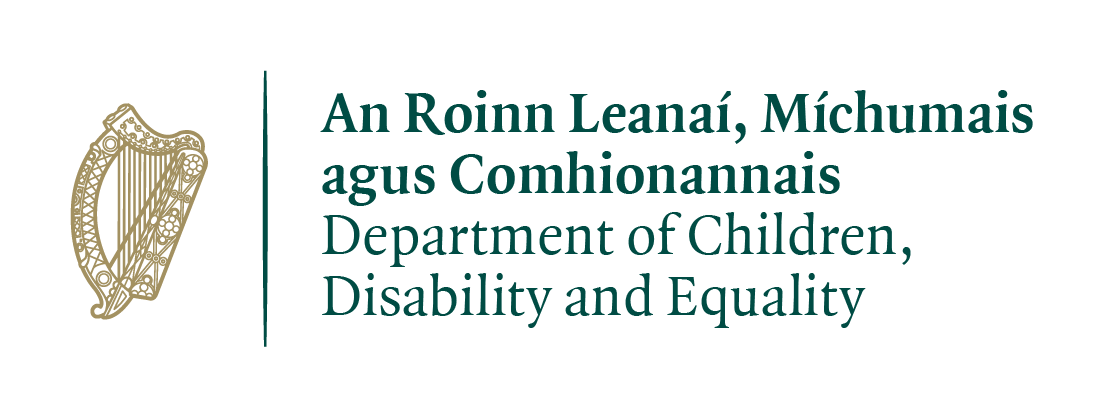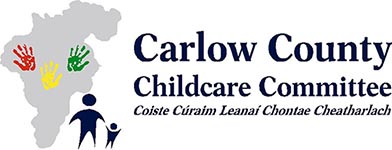Minister Norma Foley launches the Childminding Development Grants for 2026
 From: Department of Children, Disability and Equality
From: Department of Children, Disability and Equality- Published on: 9 February 2026
- Last updated on: 9 February 2026
The Minister for Children, Disability and Equality, Norma Foley today announced the opening of the 2026 Childminding Development Grant.
The Childminding Development Grant provides up to €1,000 to assist childminders, who are providing a childminding service in their own homes. The Grant scheme is open to all childminders, including registered childminders, those that are yet to register, and those who are planning to open a childminding business during 2026.
The Grant aims to support childminders to enhance quality and safety in their service through the purchase of toys, childcare equipment, safety equipment, equipment to support inclusion and STEM and the Arts education (Science, Technology, Engineering, and Maths) as well as IT equipment to assist childminders to engage with training and registration processes. 75% of the Grant is paid in advance to help childminders with the upfront costs of purchasing equipment.
Making today’s announcement, Minister Norma Foley said:
“I am delighted to announce the launch of the 2026 Childminding Development Grant. Childminders provide an essential and unique service, working at the heart of communities nationwide. As we move through the transition period under the National Action Plan for Childminding, I remain committed to supporting childminders in their vital work.
“I encourage childminders to avail of this funding opportunity, to enhance quality and safety in their service. I particularly encourage childminders who haven’t applied previously, or who may be uncertain about the benefits of applying, to contact their local Childcare Committee. The Childminding Development Officers are there to provide the most up-to-date, accurate information, and to guide and support childminders at every step of the journey.
“More broadly, I would like to stress the benefits and opportunities for childminders who engage with the Tusla registration process as early as possible during the transition period. This is not only in the best interests of children and families but also ensures that childminders—and the invaluable service they provide—receive the recognition they deserve. Childminding Development Officers in local Childcare Committees can provide advice and support.”
The total annual budget of €500,000 reflects the high demand for the Childminding Development Grant in previous years. It also reflects the Government’s commitment to support childminders to prepare for registration with Tusla. In line with the National Action Plan for Childminding 2021-2028, childminding-specific Regulations came into effect for the first time in September 2024, making it possible for all childminders to register with Tusla, including those previously exempt from registration, and therefore take part in the National Childcare Scheme.
We are now in a 3-year transition period (to September 2027) during which childminders are being encouraged and supported to register, but registration is not yet mandatory.
For further information about the Childminding Development Grant or the National Action Plan for Childminding 2021-2028, visit www.gov.ie/childminding or contact your local City or County Childcare Committee.
Applications for the 2026 Childminding Development Grant start on Wednesday, 11 February and close on Wednesday, 15 April.
ENDS
